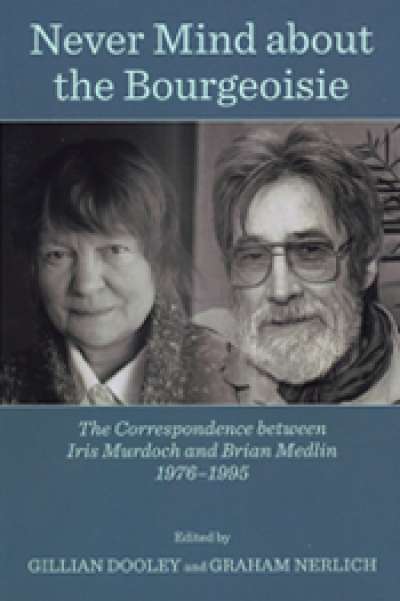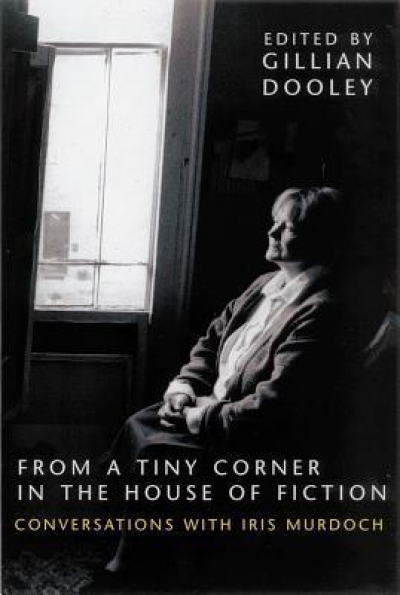Iris Murdoch
Dear Editor,
In her review of Gary Browning’s Iris Murdoch and the Political (ABR, November 2024) Gillian Dooley notes, ‘After graduating from Oxford she worked in the Civil Service’, then, moves on without further ado to Murdoch’s postwar work with the United Nations Relief and Rehabilitation Administration. Dooley doesn’t mention the evidence that has emerged over the years – from Murdoch’s friends John Jones and Phillipa Foot – that she was still an active member of the Communist Party during World War II and passed on documents from government offices to the Communist Party.
... (read more)Never Mind about the Bourgeoisie: The correspondence between Iris Murdoch and Brian Medlin 1976–1995 edited by Gillian Dooley and Graham Nerlich
by Jane Sullivan •
From a tiny corner in the House of Fiction: Conversations with Iris Murdoch edited by Gillian Dooley
by Andrea Goldsmith •



